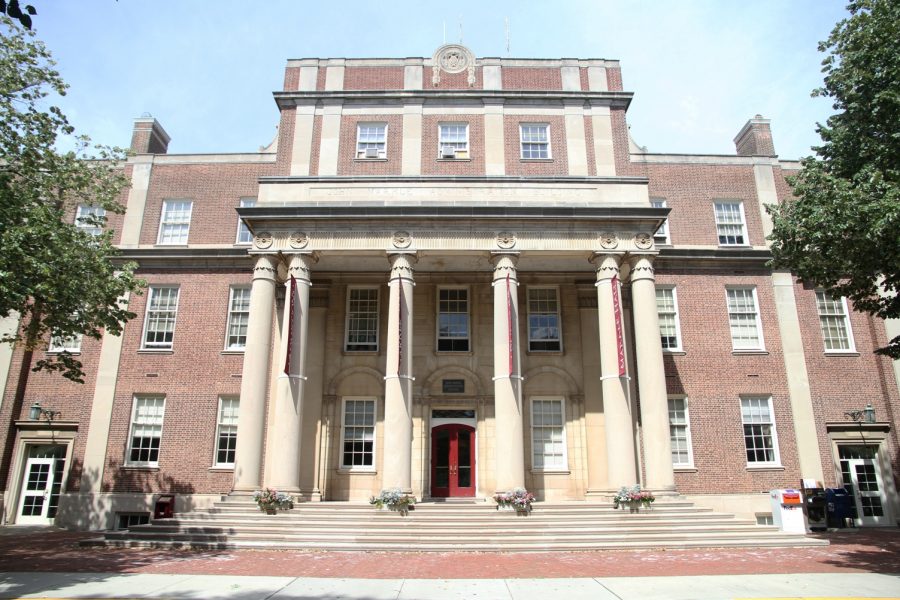The president and the promotion and tenure review committee (PTR) will now work directly together when evaluating tenure cases of professors, instead of the president making a recommendation after receiving the PTR’s.
Motions for changes to the tenure review process were approved for the current school year this past May. These changes came as a response from the ad-hoc committee that wanted to reform the process after former Spanish Professor Juan Rojo’s hunger strike in protest to his tenure denial last fall.
Psychology professor Susan Basow was on the ad-hoc committee which consisted of six faculty members, one administrative representative and two trustees. The committee spent nearly all of last academic year gathering information and developing possible changes. They ultimately brought motions to the floor of the faculty at two meetings in May.
Basow said the changes made to the tenure review process were two-fold. Previously, PTR committee would consider a faculty member’s case, make a recommendation and then give that recommendation to the president who would make his or her own recommendation to the board. The president’s recommendation superseded the committee’s recommendation.
It was rare for PTR and the president to have differing recommendations. Basow said that now rather than the president receiving the PTR’s recommendation with no prior involvement, he or she will be able to ask questions and raise concerns throughout the process.
“We hope that will short circuit any kinds of problems down the road, that there will be opportunities for discussion. Persuasion can go both ways. Maybe the president would be so persuasive in his or her views that the PTR committee would reconsider,” Basow said.
The second large change is that if another case occurs where even after discussion, the PTR and president are going to make different recommendations a third party will become involved. Another faculty committee will be formed and they will review the original information and make their own recommendation to the board.
This secondary committee would mostly have the final say, although the president and the first committee will still have a voice, Basow said.
Last fall, Rojo was denied tenure when Byerly countered the faculty committee’s recommendation to grant tenure based on his lack of teaching “distinction” in student evaluations, as Byerly said in September 2016. After the faculty then voted 121-35 to urge the board to give Rojo tenure, the board ultimately did not grant it.
Basow said Rojo’s case shed light on a problem that the school had not recently encountered.
“The case revealed a problem in the processes that we had. If there was a problem beforehand it had not become so apparent. It had been a very long time, and the circumstances were different, where a president receives a positive recommendation from the faculty committee and decides to go against it,” Basow said.
The role of student evaluations has not changed in the new process. Basow acknowledges that it is still a contentious issue, but student evaluations should not be and are not the only factor when considering a professor’s teaching effectiveness.
Basow feels that while important, student evaluations can also be biased by factors outside of a professor’s control.
“There are a lot confounding factors that can affect student evaluations. They provide some information. But especially for people who are not white males, I think they need to be looked at cautiously with at least an understanding of how biasing factors can affect it,” she said.
Byerly is supportive of these changes to her role in the tenure review process.
“I feel like we ended up in a very good place with the legislation,” Byerly said. “What was enacted last spring calls for moments of dialogue between the different actors that hadn’t occurred before, and I think that that’s very positive.”
“These decisions are never easy on the community, but I actually feel that in the end there was actually a very helpful clarification of how we all can best work together to create the strongest faculty for the college,” Byerly added.


























































































































Jeremy T • Oct 10, 2017 at 1:18 pm
And people saying protesting doesn’t work! Congrats Rojo on standing up for what you believe in. Next up the NFL, instead of kneeling the players should hunger strike just like professor rojo!